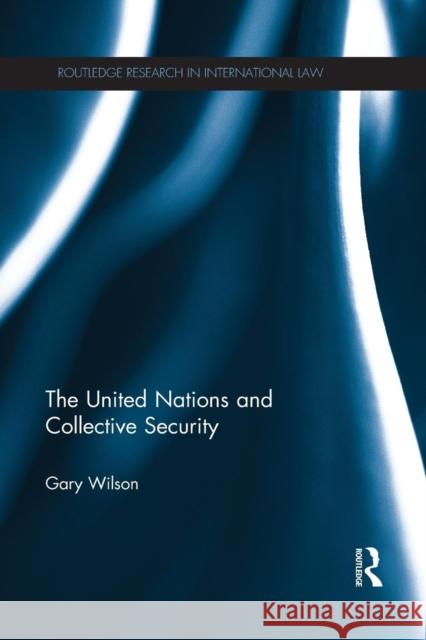The United Nations and Collective Security » książka
The United Nations and Collective Security
ISBN-13: 9781138665521 / Angielski / Miękka / 2016 / 280 str.
The United Nations and Collective Security
ISBN-13: 9781138665521 / Angielski / Miękka / 2016 / 280 str.
(netto: 233,18 VAT: 5%)
Najniższa cena z 30 dni: 236,70
ok. 22 dni roboczych.
Darmowa dostawa!
The role of the United Nations in collective security has been evolving since its inception in 1945. This book explores collective security as practiced within the legal framework provided by the United Nations Charter, with a particular focus upon activity undertaken under the auspices of the UN Security Council, the body conferred by the Charter with the primary responsibility for the maintenance of international peace and security. Although the book is primarily grounded in international law, where appropriate it also draws upon relevant political insights in order to present a clear picture of the UN collective security system in operation and the factors which impact upon the way in which it functions. Offering a comprehensive analysis it considers the full range of measures which can be utilised by the UN in the performance of its collective security remit including military enforcement action, peacekeeping, non-military sanctions and diplomacy. The book considers each of these measures in detail, assessing the legal framework applicable to the form of action, the main legal controversies which arise in respect of their appropriate utilisation, and the UN's use of this collective security 'tool' in practice. The book draws conclusions about the main strengths and shortcomings of the various means through which the UN can attempt to prevent, minimise or end conflict.











